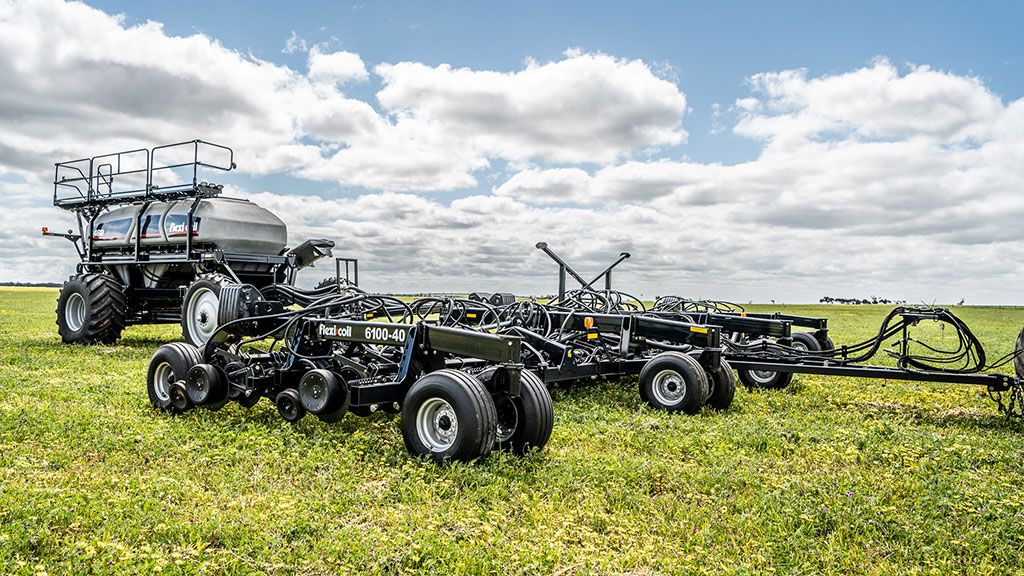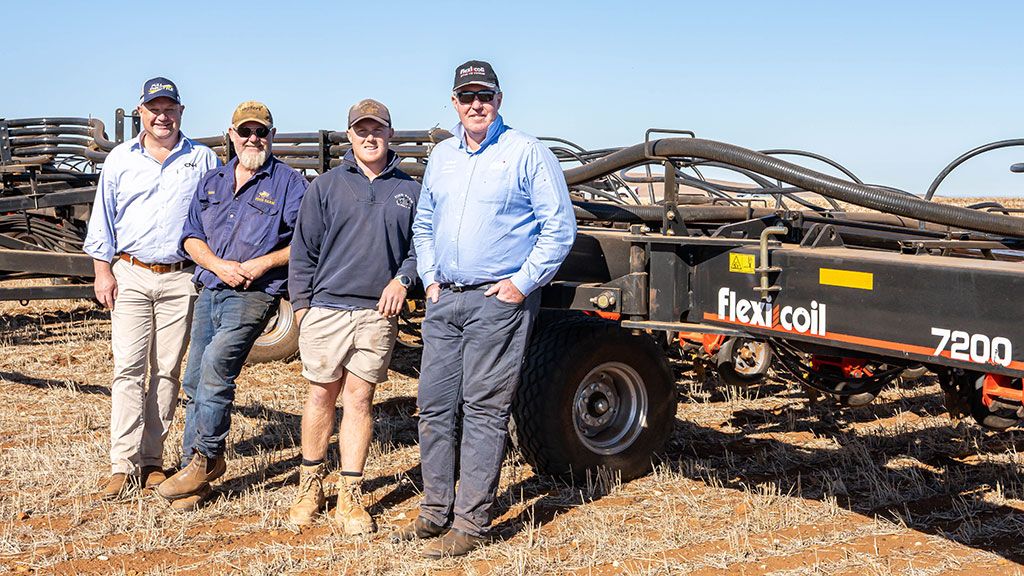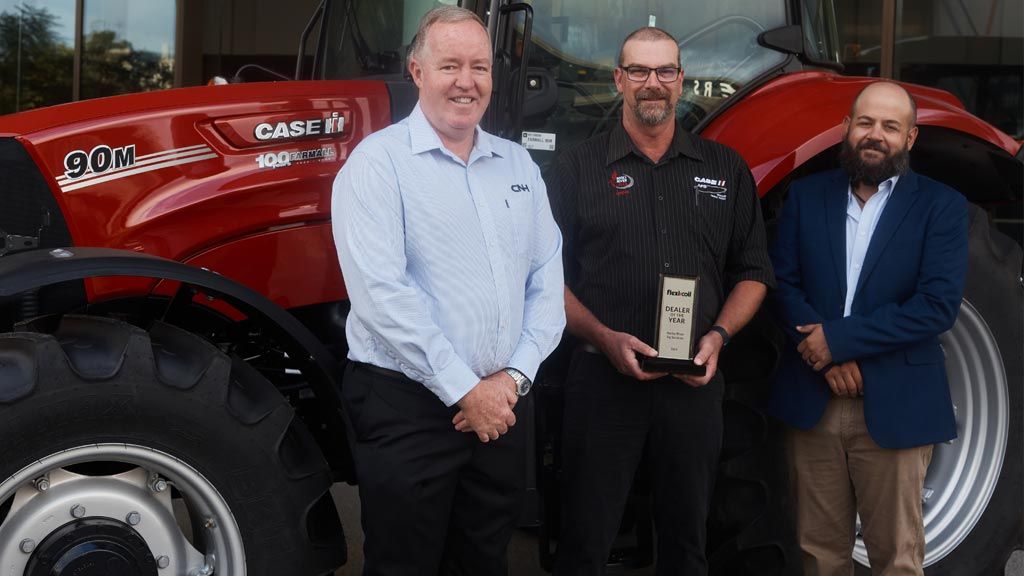
Disc seeding for zero till farming: the pros and cons
Conventionally, soil is prepared for planting through tilling. This involves digging or turning the soil over, destroying unwanted weeds but making the soil infertile over time. On the other hand, zero tilling aims for minimal soil disturbance by using planters that cut through the soil and place the seeds directly.
What is disc seeding?
Disc seeding is used for zero till farming and has been adopted by the Australian farming industry over the last 20 years. In disc seeding, the seeding bar features a disc that slices open a slot in the soil for seed and fertiliser placement. This slot is then closed by a trailing wheel.
Disc seeding systems can vary from single, double, and triple disc machines and equipment can be added to assist stubble management, furrow closure, and disc design.
The disc seeding method comes with a multitude of advantages but also claims a few disadvantages, so its suitability will depend on your farming conditions and priorities.
The pros of disc seeding
The main advantages of disc seeding for Australian farmers revolve around efficiency and effectiveness in dry conditions.
Little soil disturbance
The process minimises soil disturbance, which reduces wind and water erosion. The reduced damage to the soil structure allows for more sustainable, long-term cropping operations.
Sowing in narrow rows
Disc seeding gives farmers the ability to sow in narrow row spacings to increase crop competition with weeds. Only a disc machine can reliably sow into big stubbles in narrow row spacings.
Direct seeding
It is an efficient way of planting the seed directly into the soil and sealing it. This creates the perfect seed-to-soil contact which should result in better, stronger growth.
Retains moisture
The reduced soil disturbance helps retain moisture in the soil from summer rain, which means crops can be grown even in dry conditions and winters. Crops can be reliably planted and established on time, regardless of conditions.
Lower costs
It involves one-pass seeding, which means farmers have lower input costs on things such as fuel. Furthermore, the improvements in germination and less wastage can help save even more.
Faster operations
Disc seeding is typically faster than other methods because the ground is not being fractured. Farmers with large areas to sow benefit from the fact the discs can travel faster and cover more hectares quicker. The faster the operation, the more seeding can be done within the optimum sowing window.
The cons of disc seeding
Of course, like any farming system, some may find that disc seeding can come with a few pitfalls.
Hardpan
Disc seeders usually compact the soil which results in hard panning (when soil becomes very dense and impenetrable by water). This might require an expensive fix every 5 to 10 years.
Herbicide issues
The lack of soil disturbance reduces herbicide effectiveness. The soil needs to be disturbed for the herbicide to be separated from the crop seed, otherwise the crop can be damaged. Knife-point and press wheel seeding systems achieve this more easily than disc seeders.
Wet conditions
In damp or wet conditions, the seeding disc can be affected by stubble residue, resulting in inadequate seed placement. The closing wheel can also be affected by wet conditions causing the seeding slot to not be fully closed, increasing the risk of crop damage.
Risk of diseases
In wet conditions, there can be too much water and an increase in root-borne diseases such as Rhizoctonia. Although manageable, it will require periodic tillage or fungicide programs to overcome it.
Cost
Disc seeders can cost more to maintain due to the various bearings and parts. Disc seeding involves a lot of equipment, and accuracy and precision of each needs to be regularly maintained.
Mixed equipment
Due to some soil types, farmers may need to have both a tined and disc unit to be sure they are covered for seeding in years when a disc does not suffice.
Despite the few cons it possesses, there is no doubt that disc seeders are widely welcomed in the agricultural industry. Disc seeding is beneficial for its efficiency, effectiveness in dry conditions, and sustainability. At Flexi-Coil, we have the most suitable units for the Australian market, each of which is highly recommended by agronomists around the country.
The 6100 Precision Disc Drills, in particular, are designed to maximise productivity as they allow you to seed at higher speeds and spend less time on daily maintenance.
The Flexi-Coil 5000HD Air Drill helps you accurately place seed and fertiliser in the right place for faster, more even germination. It’s known to bring precision to a wide variety of seeding conditions.
All farmers need equipment that is reliable, cost-effective, and most importantly, efficient. With disc seeding, you want precise seed and fertiliser placement that will ensure every seed counts, regardless of ground conditions. The Flexi-Coil range ensures both sowing in drier harder soil and sowing in heavy wet soil is perfectly achievable. Get the most out of your zero till farming with our precise and efficient disc seeding range.








